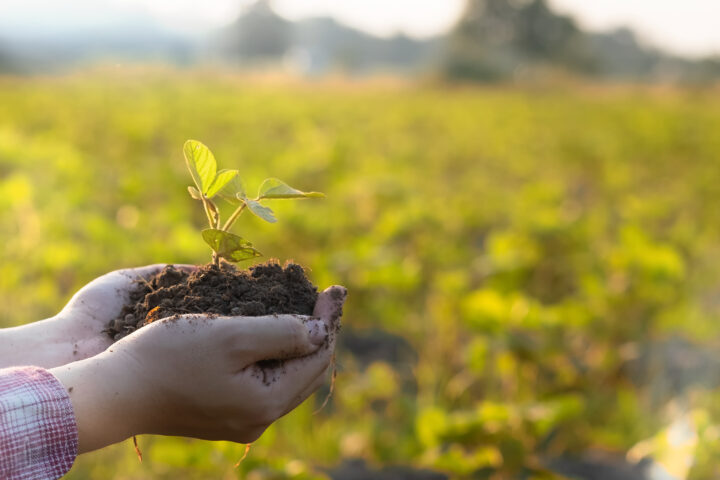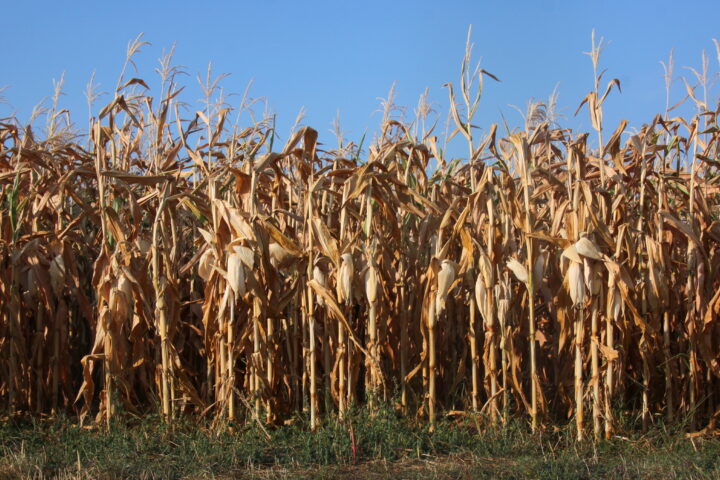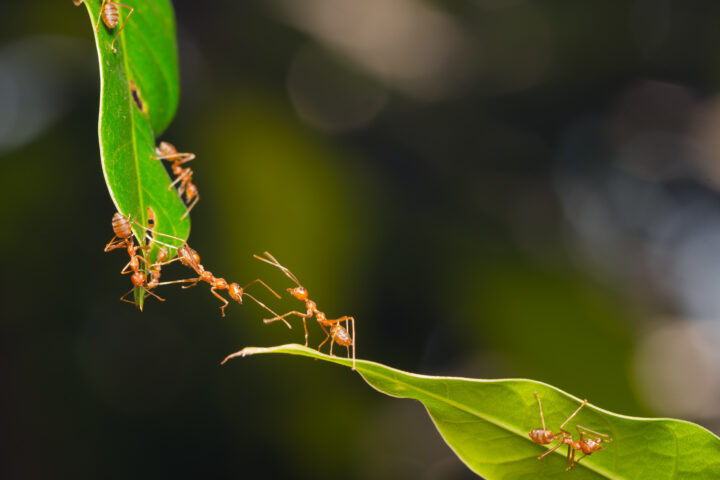« Les pesticides chimiques modernes sont plus que jamais nécessaires »
Jon Parr est président de Syngenta Crop Protection. Il écrit que l'agriculture est un facteur important du changement climatique. C'est un secteur économique qui est directement et négativement touché par les phénomènes météorologiques extrêmes liés au changement climatique. Comme la population continue de croître, cela représente une menace existentielle pour le monde.
mercredi 10 novembre 2021
Contenu en anglais
In a recent opinion essay published by Dow Jones MarketWatch, Jon Parr, the president of Syngenta Crop Protection, addressed those challenges. He also pointed out what he sees as counterproductive efforts by public policymakers who, in the name of protecting the environment, are making it even harder for the globe’s farmers to feed the world. Here is a shortened version of Parr’s essay:
It’s estimated that we will need to grow 70% more food by 2050 to feed the 10 billion people who will be inhabiting our planet. But many public policy makers seem to assume that the agriculture industry has largely solved the extraordinarily complex problem of producing a healthy, abundant and secure food supply.
That assumption leads to demands on environmental grounds that we reject the technologies that have made modern agriculture so productive. These generally include efforts to ban genetic modification, synthetic fertilizers and pesticides, and sometimes even mechanization. But pesticides are usually the top candidate for elimination.
In light of the U.N. Climate Change Conference that began on Oct. 31 in Glasgow, these demands are certain to become more strident in the name of combating climate change. Agriculture accounts forabout 10% of all greenhouse gas emissions. That’s a number the world farming community must continue reducing by making agriculture more efficient and less energy intensive.
And yet, unless we can also continue making agriculture more productive on the land already under cultivation, farmers around the globe will have little choice but to clear more forests and natural vegetation to produce the additional food the world will require in coming years. Clearing that land would only make the climate problem worse, because forests and other natural plants are nature’s chief way of removing carbon dioxide from the atmosphere.
From an environmental perspective, the hostility to modern pesticide technology makes little sense. Since the 1960s, in response to consumer concerns, the chemical industry has worked hard with farmers to reduce unnecessary use of pesticides. Chemical innovation has slashed pesticide toxicity by 98%, reduced the amount applied per acre by 60% and curtailed pesticide persistence in the environment by more than half.
Only through continued innovation in agriculture can we meet the extraordinary environmental and food-security challenges ahead. Those innovations include biologicals and other forms of crop protection, digitally precise farming, genetic improvements in plants, new and improved kinds of fertilizer and — yes, when and where necessary — environmentally responsible use of chemical pesticides.
Jon Parr ist President of Syngenta Crop Protection. This article first appeared in Market Watch on 1 November 2021.
Articles similaires

Le poison et la dose
Le débat sur les valeurs limites des résidus chimiques dans l’eau et les aliments est souvent marqué par des malentendus et des émotions. Peu de sujets illustrent aussi clairement le fossé entre perception et science. Mais que signifient vraiment les valeurs limites ? À l’automne 2025, le Podcast de la politique agricole et swiss-food.ch consacrent une série en cinq épisodes à notre rapport aux valeurs limites. Le point culminant sera un podcast en direct devant le public le 5 novembre au Bogen F à Zurich.

Le manque de diversité devient un problème existentiel
La diminution de la diversité génétique dans les champs est un problème croissant. Malheureusement, celui-ci s'aggrave, notamment parce que les responsables politiques en Suisse et dans l'UE abordent la question sous l'angle idéologique au lieu de se fier aux données scientifiques.

La Suisse risque de prendre du retard dans le domaine des nouvelles variétés
Un article publié dans le Schweizer Bauer montre à quel point les nouvelles méthodes de sélection préoccupent les milieux agricoles. Une fois la consultation sur la loi fédérale terminée, un projet de loi est attendu – on verra alors si la volonté politique d'autorisation existe réellement.

Une invasion de fourmis menace les communes zurichoises
Une fourmi envahissante originaire de la région méditerranéenne se propage rapidement dans le canton de Zurich et menace les communes ainsi que les projets de construction et l'agriculture. Les insecticides pourraient aider, mais leur utilisation reste très limitée.

